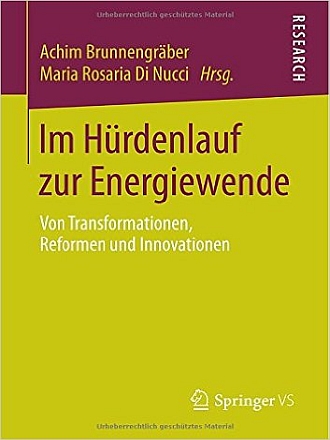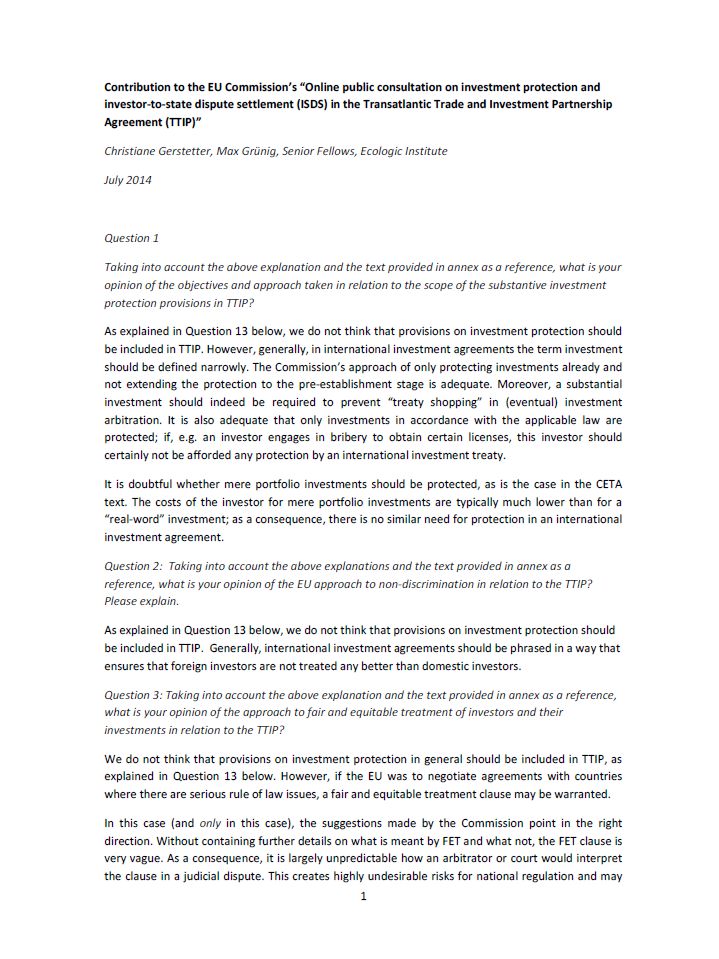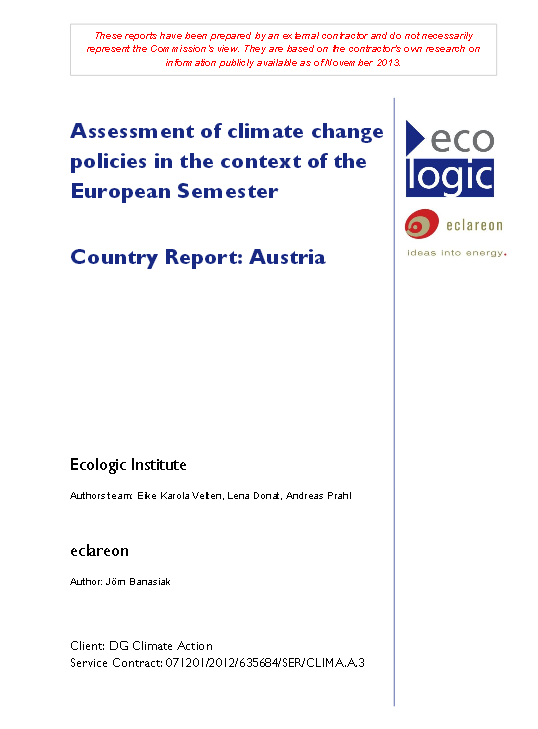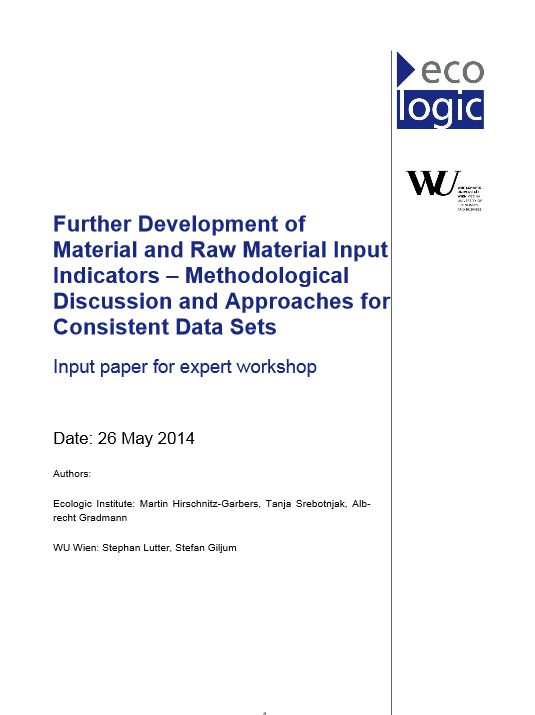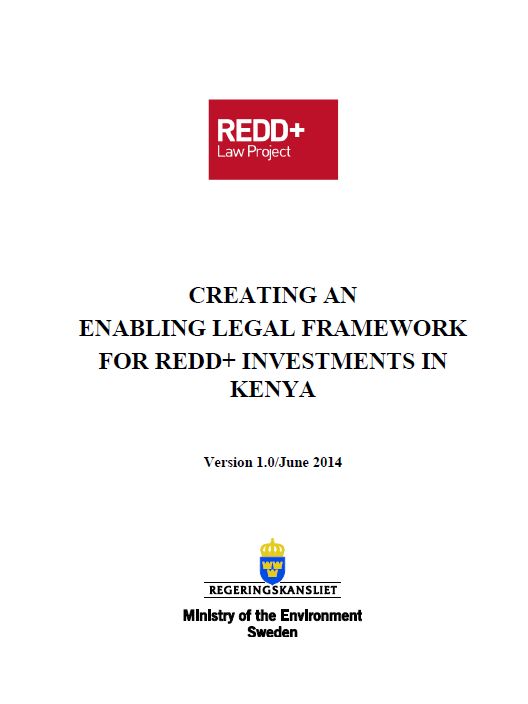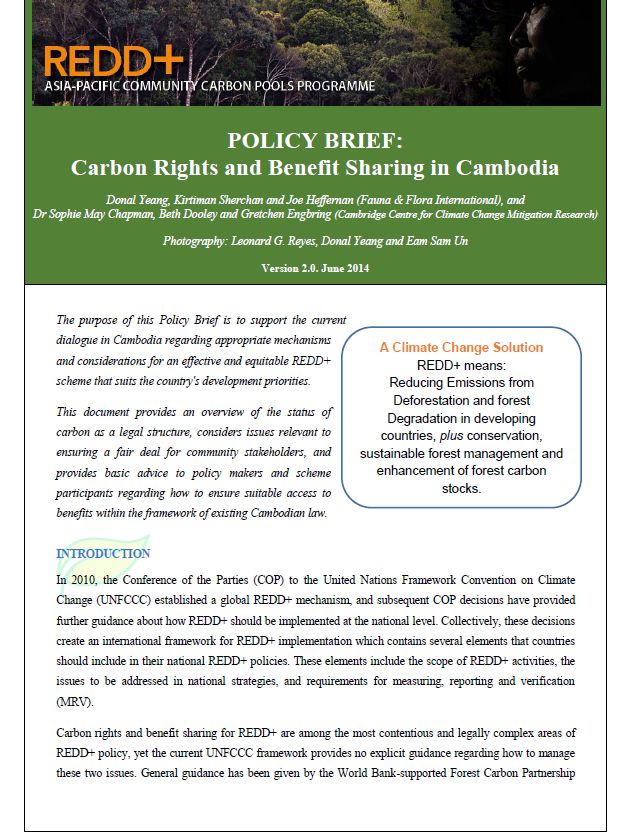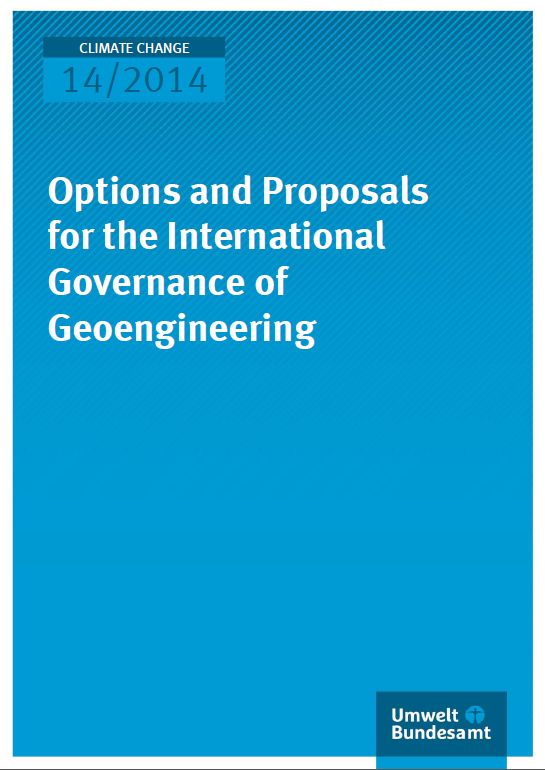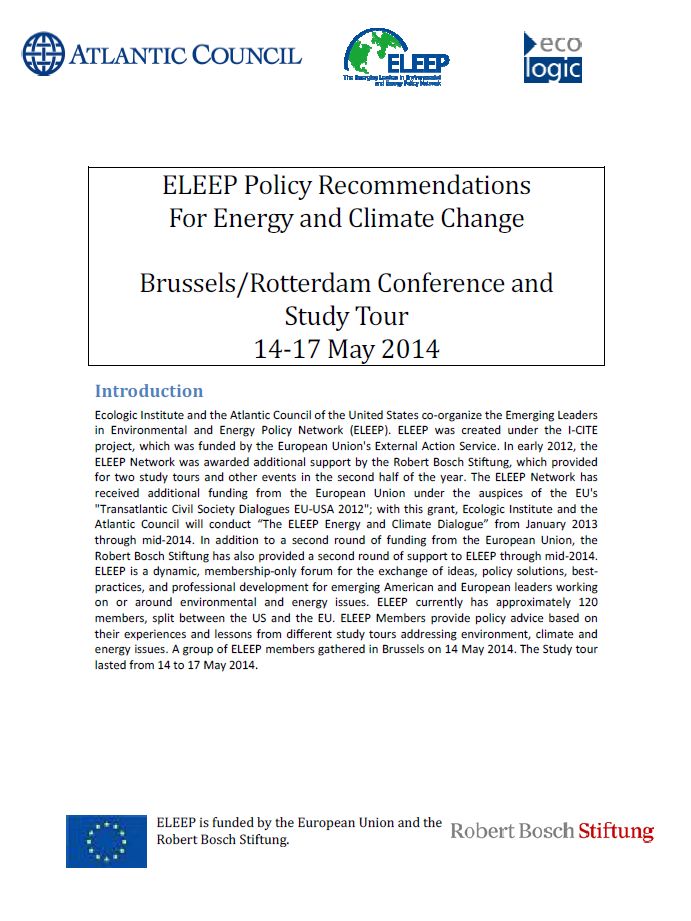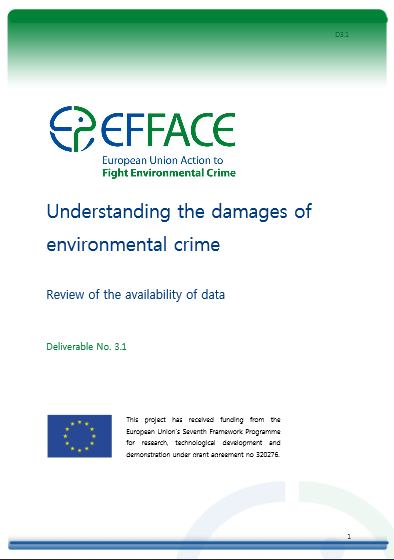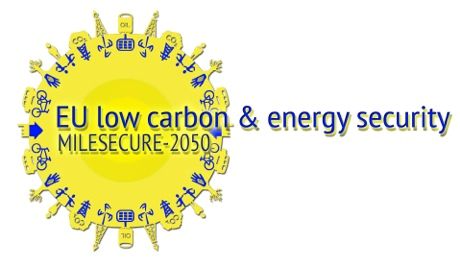Publication:Book Section
Publication:Document
Publication:Report
Assessment of Climate Change Policies in the Context of the European Semester - 2014
28 Country Reports 2014
Year
Read morePublication:Conference Paper
Further Development of Material and Raw Material Input Indicators
Methodological Discussion and Approaches for Consistent Data Sets
Year
Read moreEvent:Workshop
Event:Discussion
Event:Workshop
Publication:Report
Publication:Report
Publication:Policy Brief
Publication:Report
Publication:Policy Brief
ELEEP Policy Recommendations for Energy and Climate Change
Brussels/Rotterdam Conference and Study Tour 14-17 May 2014
Year
Read morePublication:Report
Presentation:Speech
Event:Workshop
